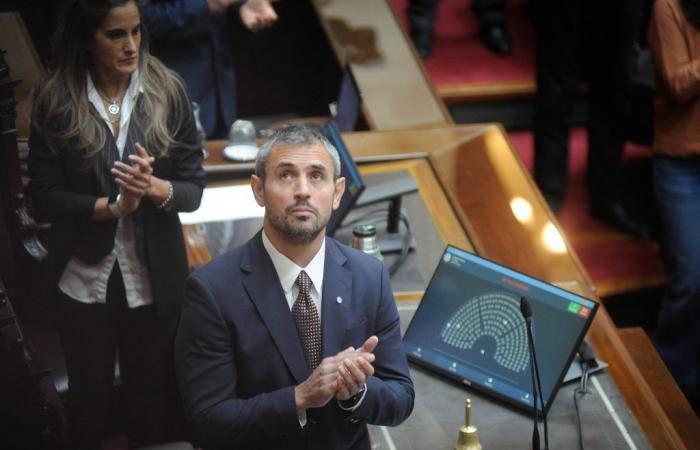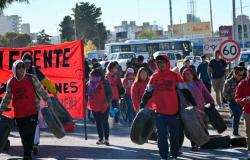In the midst of the legal discussion that has already begun about what the ratification of the articles of the Base Law and the Tax Package In Deputies, the legislators of the Lower House also debate which changes made by the Senate they will sustain and which ones they will fight to insist on the original project.
They look favorably on the modifications introduced in the chapter of the Whiteningfor example, but There are those who want to revive the reversal of the Income and Personal Property Taxwhich fell in the vote in the Senate.
The points that would remain
– The ruling party managed to ratify in the Senate the emergency declaration, administrative, economic, financial and energy for one year, and the delegation of powers. It was a feat for the libertarians because in the preliminary count the numbers were not enough for its approval. They broke a tie -35 to 35- and Victoria Villarruel broke the tie.
With changes – such as the incorporation of cultural organizations to the list of entities that Javier Milei is prohibited from dissolving – they gave the green light to the articles that empower the Executive to to intervene, arrange the dissolution of organisms of the State; and liquidate the public trust funds. The discussion of powers had been a very sensitive issue in Deputies and they are now closing it. They will ratify how it turned out.
– With some small adjustments, the tax holiday -pay tax and social security obligations due as of March 31, 2024 in up to 84 installments with various benefits- It was approved unanimously in the Senate. It will have no problems being ratified by the Deputies.
– The same thing happened with the Whitening which, after undergoing numerous modifications, was approved with 72 votes in favor and none against in the Upper House. Deputies consider the tweaks positive and are willing to ratify these changes. Among them, the prohibition of laundering for foreigners, for brothers of officials and the option of laundering assets of third parties, something that legislators said benefited “front men.”
– In it Large Investment Incentive Regime (RIGI) There were numerous modifications in the Senate to prevent the article from falling. The RIGI was limited to nine sectors: forestry-industry, tourism, steel, oil, gas, infrastructure, mining, energy and technology; and requires a percentage of 20% to hire local suppliers. In Deputies, lThe dialogueists welcome the changes and want to ratify them.
– The increase in mining royalties from 3% to 5% for new investments was approved in the Senate by a majority greater than the two-thirds. Even if they wanted to be in Deputies, they would not reach that number to reverse it.
– On the other hand, the Senate removed from the Bases Law the forecast chapter, which eliminated the last moratorium approved last year. In Deputies, a majority group has no desire to insist on that. In any case, later, look for a specific law on the subject.
Profits and Personal Assets, what Deputies evaluate to revive
– With the strong rejection of the Patagonians, the Senate dropped the articles that reinstated the Income Tax, so that they begin to pay salaries of $1,800,000 for singles and $2.2 million for married people. In the ruling party and some provinces they want to recover it.
– The Upper House also reversed the chapter of the Personal Property reform that raised the non-taxable minimum from $27 to $100 million and the deduction for family housing from $56 to $350 million. LLA will also seek to revive it.
Both chapters fell by a simple majority. It would reach that same majority to replace them. However, several dialogueists raise objections: “What the provinces lose with Personal Assets, they do not manage to recompose with Profits. But benefiting the richest is a commitment that Milei assumed,” says a key negotiator of radicalism.
Unknown due to Privatizations
– Out of necessity, if the entire chapter did not fall, the ruling party removed Argentine Airlines, Argentine Mail and Argentine Radio and Television. In the blocs there are divided opinions on whether to return to the fray or respect what colleagues from their own political forces negotiated in the Senate.






